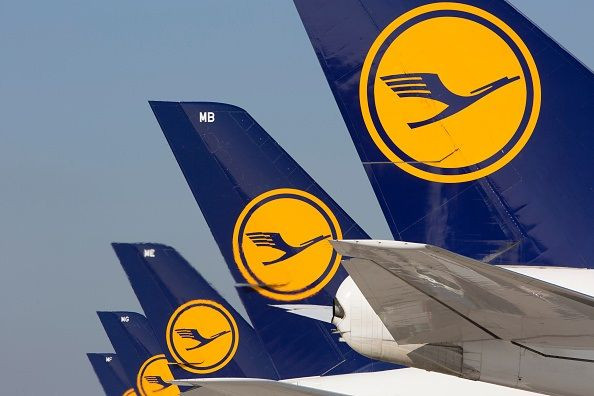Lufthansa Sets Sights On Cheap Long-Haul Flights, Looks To Expand Eurowings

Airline consolidation: It’s not just for North Americans. European air giant Lufthansa is reportedly looking to expand its already massive fleet with acquisitions, the Economist reported.
Those that CEO Carsten Spohr has his eyes on include Scandinavian Airlines (SAS) and Condor, the German luxury airline started by Lufthansa and spun off more than 50 years ago.
Lufthansa currently owns at least a significant part of at least 13 other airlines, and recently started bargain carrier Eurowings to compete with low-cost airlines like Ryanair and Norwegian Air Shuttle. Eurowings thus far has been limited to short-haul flights, from three German cities and Vienna. The idea now is to expand Eurowings’ destinations to those requiring a little more flight time, to cash in on the market for cheap airfare.
This is not a move devoid of risk, the Economist said. Part of the plan to scale up Eurowings involves rebranding SAS, the flag-carrying airline of Denmark, Sweden and Norway, as a Eurowings franchise. That would likely be met with resistance on the part of those countries’ governments.
Expanding Eurowings to destinations that aren’t big feeders into global flights also could cut into Lufthansa’s revenue. Currently, the business model relies on getting people to book a cheap flight on Eurowings into Munich or Frankfurt to make a connecting flight elsewhere. Eurowings going elsewhere as well would decrease the need to book those extra flights, while also forcing Lufthansa to keep costs low to keep margins from shrinking too much.
The Economist noted the kind of cost-cutting necessary to keep bargain airlines operational can become so extreme the airlines have to circle back to become full-service providers in response to customer complaints. That’s what Ryanair is learning after decades of rock-bottom prices and service. It’s the type of balancing act that these companies can currently afford to attempt, but only while the economy allows.
© Copyright IBTimes 2024. All rights reserved.




















